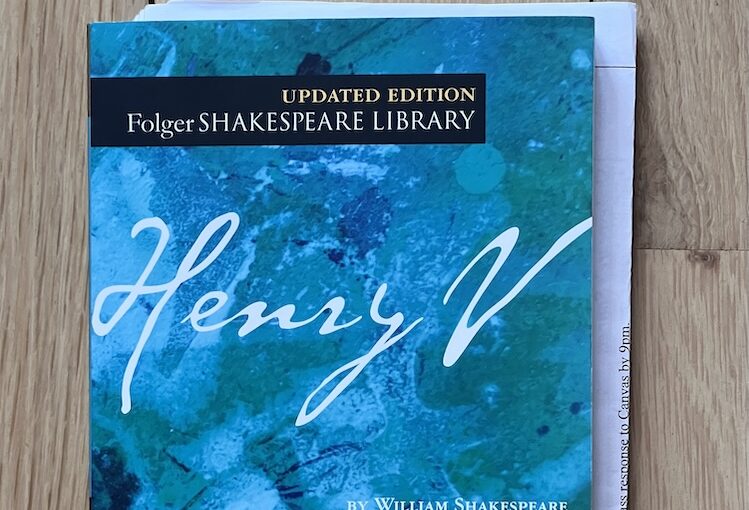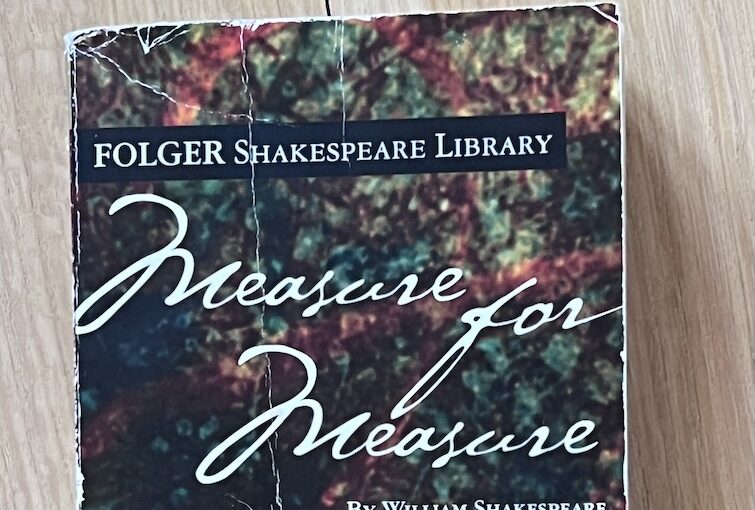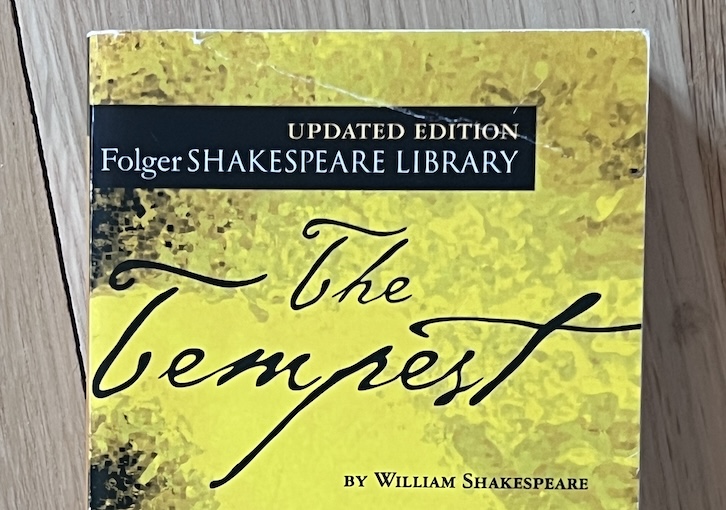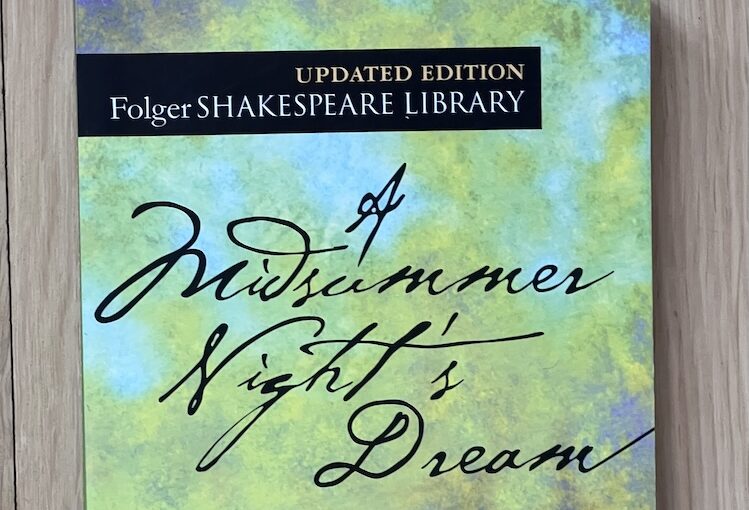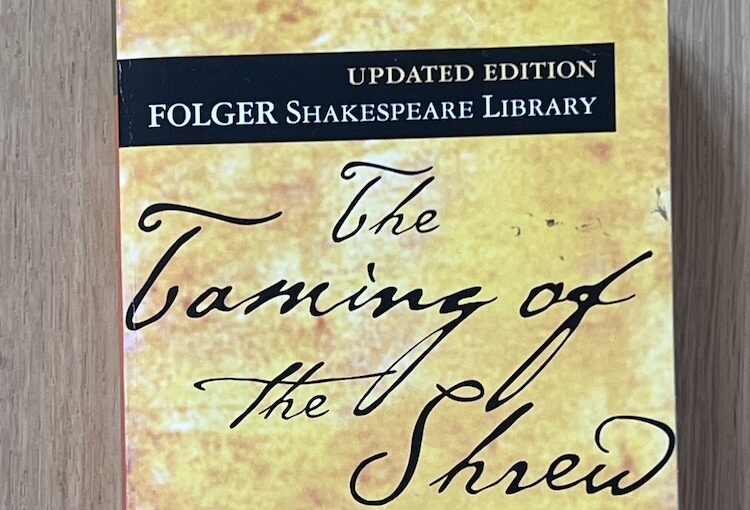by Guy Deutscher
October 2024
This is an excellent book; interesting well-documented science, and some beautiful and erudite writing as well. The basic argument — that grammar determines what must be specified, rather than what can be specified, and in that manner instills certain habits of mind that effect how people see the world — seems correct, if not quite living up to the subtitle of the book: Why the World Looks Different in Other Languages.
Perhaps the most interesting and fun part of the book was to be introduced to languages that work very differently from English: The Mates language (in Peru) that requires speakers to specify whether the fact they report is based on personal observation, indirect evidence, or hearsay; and the Australian language that has no egocentric prepositions, but requires all positional information to be reported in terms of the cardinal directions, thus requiring their speakers to always be oriented.
This book was a pleasure to read. I plan to seek out other work by this writer.
Contents
Front Matter
On whether languages reflect the characteristics of their speakers, he writes:
Many a dinner table conversation is embellished by such vignettes, for few subjects lend themselves more readily to disquisition than the character of different languages and their speakers. And yet should these lofty observations be carried away from the conviviality of the dining room to the chill of the study, they would quickly collapse like a soufflé of airy anecdote-at best amusing and meaningless, at worst bigoted and absurd.
— p. 2
The basic argument of the book is this:
The effects that have emerged from recent research, however, are far more down to earth. They are to do with the habits of mind that language can instill on the ground level of thought: on memory, attention, perception, and associations. And while these effects may be less wild than those flaunted in the past, we shall see that some of them are no less striking for all that.
I think it is correct, but that the subtitle of the book – Why the World Looks Different in Other Languages – is a bit of an exaggeration.
C1-5: <Reprise of history and status of color terms>
C1: Naming the Rainbow
This chapter reprises now-unknown work by William Gladstone (now remembered as an English prime minister) on Homer and his writings, and focuses in on particular on one chapter in Gladstone’s monumental 3,000 page work: a chapter on Homer’s use of color terms.
Gladstone’s scrutiny of the Iliad and the Odyssey revealed that there is something awry about Homer’s descriptions of color, and the conclusions Gladstone draws from his discovery are so radical and so bewildering that his contemporaries are entirely unable to digest them and largely dismiss them out of hand. But before long, Gladstone’s conundrum will launch a thousand ships of learning, have a profound effect on the development of at least three academic disciplines, and trigger a war over the control of language between nature and culture that after 150 years shows no sign of abating.
Gladstone notes that Homer uses color terms in odd ways — the famous “wine dark sea” (really “wine-looking” sea) being just one example.
Mostly Homer, as well as other Greek authors of the period, use color very little in their descriptions: mostly they use black or white; terms for colors are used infrequently and inconsistently. For example, the only other use of “wine-looking” is to describe the color of oxen.
Gladstone’s fourth point is the vast predominance of the “most crude and elemental forms of color”-black and white-over every other. He counts that Homer uses the adjective melas (black) about 170 times in the poems, and this does not even include instances of the corresponding verb “to grow black,” as when the sea is described as “black-ening beneath the ripple of the West Wind that is newly risen.” Words meaning “white” appear around 100 times. In contrast to this abun-dance, the word eruthros (red) appears thirteen times, xanthos (yellow) is hardly found ten times, ioeis (violet) six times, and other colors even less often.
C6: Crying Whorf
This chapter describes the origin, rise and fall of linguistic relativity. Sapir is depicted as respectable but making over-stated claims; Whorf comes across as a charlatan, for example, making claims to have deeply studied Hopi, when he only had access to a single informant in New York – and making broad claims that are entirely wrong (e.g. that the Hopi language does not have a future tense).
Deutscher traces the origin of linguistic relativity to Wilhelm von Humboldt in 1799, whose “linguistic road to Damascus led through the Pyrennes.” Deutscher encountered the Basque language, and found that it was radically different from the languages linguists tended to study. He then sought out other ‘more exotic’ languages, which he found by going to the Vatican library and studying the notes of Jesuit missionaries to South and Central America: “…Humboldt was barely scratching the surface. But the dim ray of light that shown from his materials felt dazzling nonetheless because of the utter darkness in which he and his contemporaries had languished.” p. 135 Although Humboldt’s ideas led to linguistic relativity, it should be noted that he had a much more nuanced and correct view: In principle, any language may express any idea; the real differences among languages are not what they are able to express but in “what it encourages and stimulates its speakers to do from its own inner force.” But this view was not carried forward, and instead: “The Humboldtian ideas now underwent a process of rapid fermentation, and as the spirit of the new theory grew more powerful, the rhetoric became less sober. ”
All that said, Deutscher argues it is a mistake to dismiss the idea that language has no influence over thought. But rather than taking the strong case the language constrains thought, he instead argues the habits of language may lead to habits of mind. In the case of the influence of language, and refers to the idea that Boas introduces and that Jakobson crystalized into a maxim: “Languages differ in what they must convey, and not in what they may convey.”
Phrases I like
“…has still the power to disturb our hearts.” [Sapir, referring to Homer, Ovid, etc.] p. 129
“[His] linguistic road to Damascus led through the Pyrennes.” p. 134
“…Humboldt was barely scratching the surface. But the dim ray of light that shown from his materials felt dazzling nonetheless because of the utter darkness in which he and his contemporaries had languished.” p. 135
Views: 6
